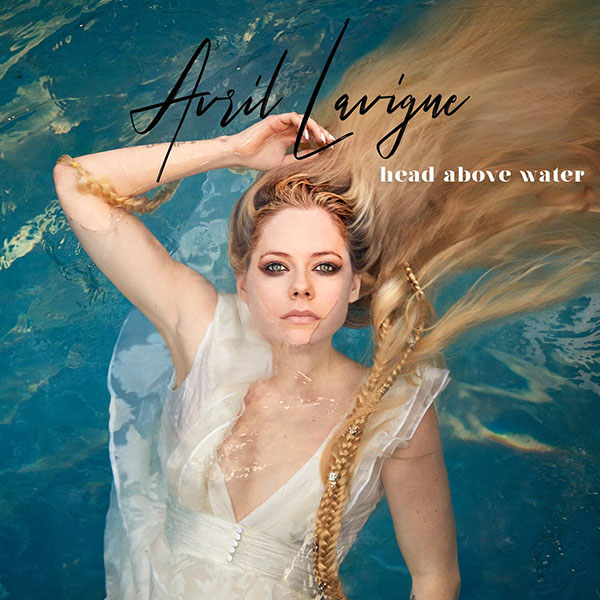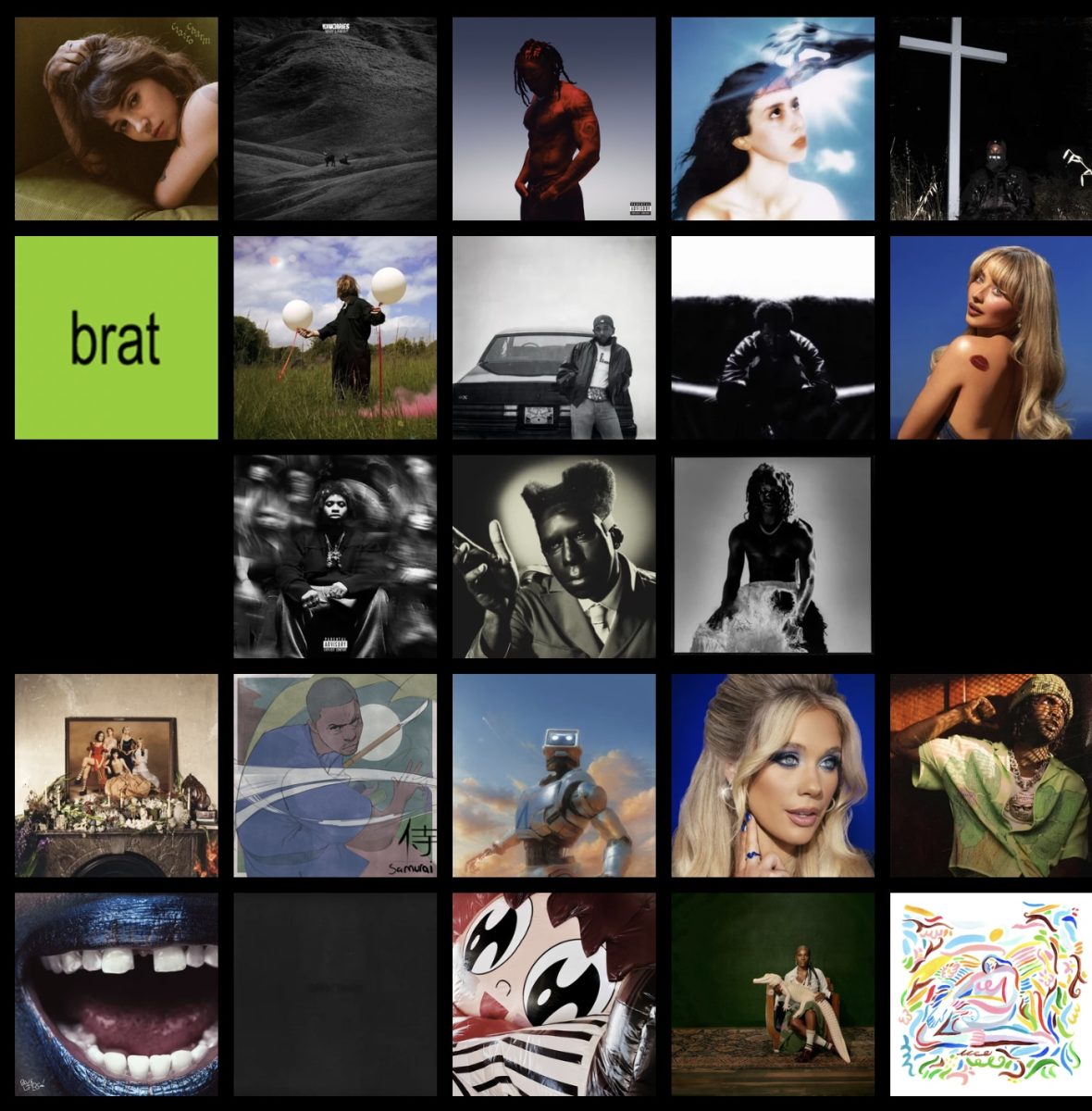
Canadian pop star Avril Lavigne has made her comeback with her new album, “Head Above Water.” The album offers nine tracks and presents a new sound in comparison to her last self-titled 2013 album. The 34-year-old artist was diagnosed with Lyme disease in 2014, which explains her long absence from the music field. “Head Above Water,” Lavigne’s sixth studio album, was released on Friday, Feb. 15 through BMG Right Management and brought a message of resilience and strength to new listeners as well as longtime fans.
The album showcased the artist’s new sound with its first track, “Head Above Water,” which was released as a single last year on Wednesday, Sept. 19. The song begins with a relaxed piano tune, in which she accompanies with surprising vocals. Lavigne showcases her powerful voice throughout the entire track beautifully and the maturity in her voice is a solid aspect of the song. The supposed ballad abruptly turns into a religious message with the lyrics, “God keep my head above water.” It sounds prayer-like and was a different path listeners might have imagined for the album. The religious message gained Lavigne a new audience; the song made the No. 2 spot on the Christian songs chart.
Although, not all songs follow the religious path. Singles including “Dumb Blonde” featuring rapper Nicki Minaj, strays away from the passionate, powerful anthem sound found in several songs on the album. “Dumb Blonde” resembles her past work greatly by having an upbeat tune. The track is exactly what it’s predicted to be, a loud pop song, but once listening there is minimal substance. The beat can’t be taken seriously; Lavigne and Minaj could only do so much to save the song. “Dumb Blonde” checks off all the points to be a classic pop hit, despite its overplayed tone. Apart from the repetitive sound, it was exciting to see Lavigne enjoy herself through her music.
The album, like almost every other, has its share of ballads. In “Head Above Water,” Lavigne does a fantastic job of creating heartfelt ballads despite them being predictable. “I Fell In Love With The Devil” and “Birdie” are examples of sad love songs. “I Fell In Love With The Devil” is a simple song about falling out of love and introduces listeners to the dark tone early with deep instrumentals. Once she starts singing, the dark energy is felt highly. Lavigne continues showcasing the power her voice holds. “I Fell In Love With The Devil,” tells the story of being in a toxic relationship, while “Birdie” tells the story of leaving a relationship. “Birdie” does a fantastic job at providing listeners a catchy tune and carries that same dark energy “I Fell In Love With The Devil” does, but showcases real emotion.
In comparison to the negative energy of the previous songs, Lavigne creates a positive ballad with “Goddess.” In “Goddess,” she sings about finally finding the person who treats her like a goddess. The smooth guitar blends in nicely with her soft voice. Lavigne doesn’t take long before showcasing her powerful voice yet again. “Goddess” has the perfect mixture of the slow, quiet and exceedingly passionate sound of Lavigne’s voice.
Overall, “Head Above Water” deserves 3 out of 5 stars. The album is well produced and is emotional throughout the entire disc. Lavigne showcases her loud and powerful voice well, but she is talented enough to experiment with her sound, which she unfortunately did not do in this album. Although this album does show Lavigne’s growth and strength to overcome, it contains special messages that hold true emotion, which makes it special. “Head Above Water” was the perfect comeback album, showcasing a new side of the young artist the world once knew.














!["I hope to become fond [of] and understand the new dynamic of a life where I don't really have boundaries set by another person, but rather more of a liberal freedom."](https://farhar.net/wp-content/uploads/2025/05/topten9.jpg)




